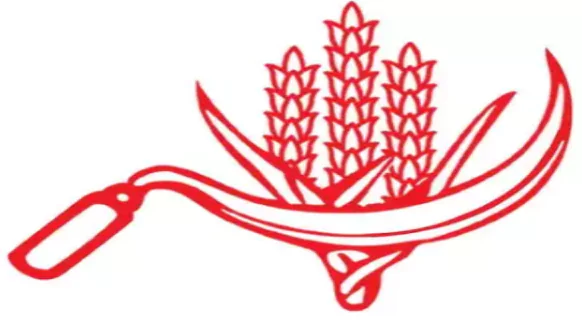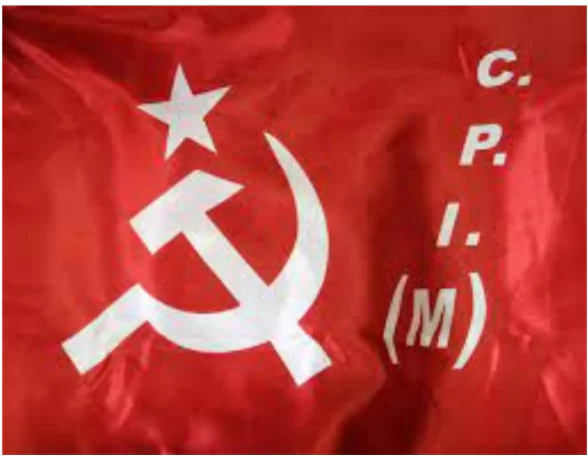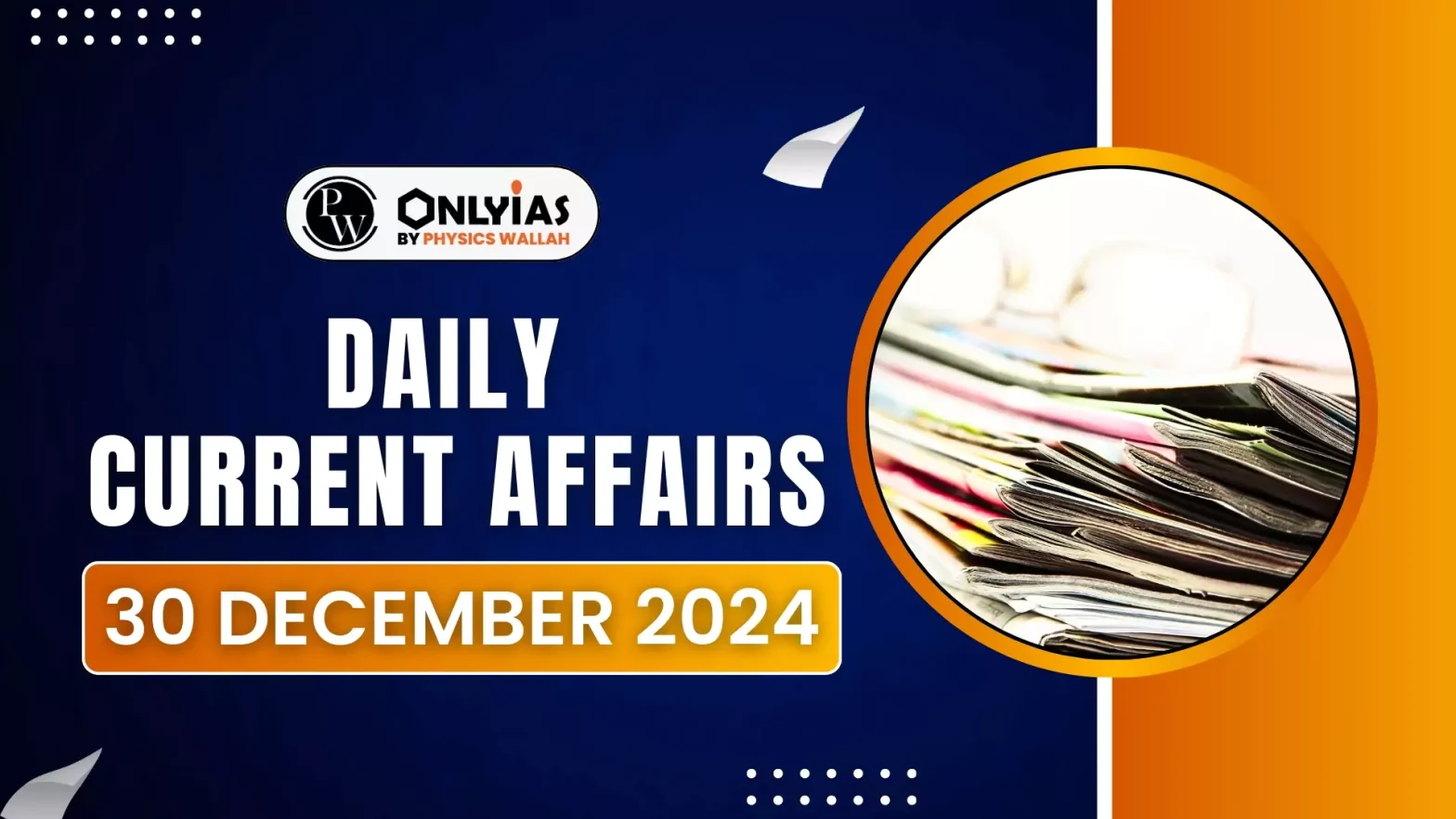
The Communist Party of India is celebrating its centenary year in 2025 (December 26, 1925).
About Communist Party of India
- The Communist Party of India is the political party of the Indian working class.
- It is a voluntary organisation of workers, peasants, toiling people in general, intelligentsia and others devoted to the cause of socialism and communism.
What Is Communism?
- Communism is a political and economic ideology that positions itself in opposition to liberal democracy and capitalism.
- For Example:
- Communism is the official form of government in China, Cuba, Laos, North Korea, and Vietnam.
- It advocates instead for a classless system in which the means of production are owned communally and private property is nonexistent or severely curtailed.
|
Enroll now for UPSC Online Course
Formation of Communist Party of India: Historical Background
- The Communist Party of India (CPI) was formed on 26 December 1925 at the first Party Conference in Kanpur, which was then known as Cawnpore.
- S. V. Ghate was the first General Secretary of the CPI.
- Leaders like M.N. Roy and Abani Mukherji established CPI in Tashkent after the second Congress of the Comintern.
Contributions of Communist Party of India: Pre Independence
- Freedom Struggle
- Kanpur Bolshevik Conspiracy Case
- It was a controversial court case initiated by the British government in 1924 to target several newly turned communists, including M.N. Roy, Muzaffar Ahmad, S.A. Dange, Shaukat Usmani and Nalini Gupta.
- They were charged with conspiring to overthrow British rule in India through a violent revolution.
- Demand for Poorna Swaraj:
- One of the central contributions of Communists to the independence movement was their early and steadfast demand for Poorna Swaraj, a demand later adopted by Mahatma Gandhi, Jawaharlal Nehru, and Subhas Chandra Bose.
- Demand for Constituent Assembly:
- Communists demanded the formation of a Constituent Assembly that would represent the will of the people.
| Communist Party of India (Marxist)

- The Communist Party of India (Marxist) or CPI (M) is a communist political party in India.
- The Central Committee is the highest decision-making body of CPI (M).
- CPI (M) was formed from a split in the Communist Party of India (CPI) on November 7, 1964.
- The communist party has been a lynchpin for people’s movements on issues of farmers, tribals, Dalits, workers and minorities.
- The flag of CPI (M) is seen as a red flag and there is a crossed hammer in the centre and a sickle in white.
|
Check Out UPSC NCERT Textbooks From PW Store
-
-
- They argued that any new political order should be based on the sovereignty of the people, reflected later in the Preamble’s invocation of “We, the People of India”.
- Communists’ Impact on Constituent Assembly Debates: Communists’ influence can be seen in the Constituent Assembly debates over land reforms, workers’ rights, and the protection of backward classes.
- Example: The Telangana Rebellion, a major peasant uprising in Nizam’s Hyderabad state, exemplified the CPI’s commitment to land reforms and social justice.
- Pioneering Labour Rights: The Communist Party was responsible for achieving the right to form labour unions even during the British rule and Industrial Disputes Act.
- Communist Ideals in the Indian Constitution:
- Vision of Social justice & equality: The Preamble reflects ideals like justice, equality, and fraternity, championed by communists for an inclusive and democratic India.
- Influence on Fundamental Rights: The inclusion of fundamental rights, provisions for social justice and the framework for economic equality can be traced back to the ideas promoted by the communist leadership.
Post Independence
- Principal opposition party: Nationally, it gained relatively small numbers of seats in the Lok Sabha elections of 1951, 1957, and 1962 compared with the ruling and then-dominant Congress Party.
- Each time it was enough for the CPI to be the principal opposition party.
- Formation of Non-congress government: In 1957 the CPI defeated Congress in legislative assembly elections in Kerala and formed the first non-Congress government in independent India.
- Governance: The Communist struggles had played a key role in bringing out the Forest Rights Act, Right To Information Act and other Acts during the UPA-I rule.
Challanges
- Split: In 1964 ideological differences had built up over a split between the Soviets and the Chinese communists in the 1950s.
- Electoral Decline: In the 2024 Lok Sabha elections, the CPI was able to win two seats and the CPI(M) was reduced to 4, its lowest since it first fielded candidates in 1967.
- The slide in leftist support continued in the 2014 Lok Sabha polls, where the CPI could win only one seat and the CPI(M) dropped to nine.
Enroll now for UPSC Online Classes
Conclusion
The CPI has consistently and strongly resisted efforts to weaken constitutional safeguards, stressing the importance of social and economic justice in a country still facing significant inequalities. This continuing struggle is crucial for protecting India’s democratic structure against the threats of communal fascism and exploitative capitalism.
![]() 30 Dec 2024
30 Dec 2024

